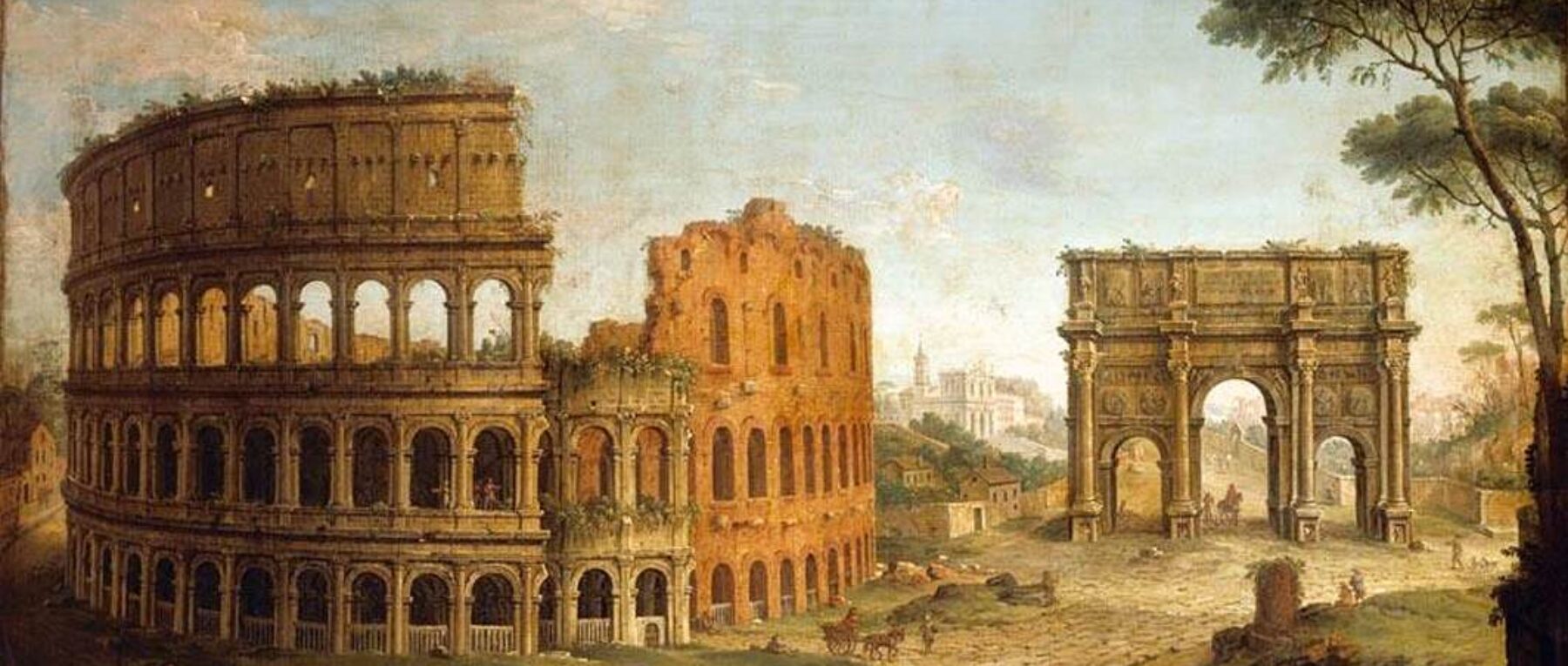The Wheel of Fortune: Where is happiness to be found?
 |
| Fortune spinning her wheel. From Boccaccio’s De Cassibus Virorum IIIustruim. (Source: Wikipedia) |
Inconstancy is my very essence; it is the game I never cease to play as I turn my wheel in it’s ever changing circle, filled with joy as I bring the top to the bottom and the bottom to the top. (The Consolations of Philosophy, p. 25)
The Rota Fortunae or Wheel of Fortune is an ancient and medieval idea represented by a spinning wheel which Fortune turns, symbolising the changing nature of fate. All people were subject to it; king and peasant, merchant and beggar alike.
The constant changing nature of events and an individuals fortunes in life was reflective of this idea. Where at one time an individual might have achieved great fame, wealth and position – later was utterly ruined and despondent, turned underside the wheel.
In medieval depictions of the wheel, four persons (often kings) are placed on the outer rim, who rise up and down with the turning of the wheel.
Each one represents a different stage on the wheel: going up regnabo (I shall reign), atop the wheel, regno (I reign) crown upon head, downward regnavi (I have reigned), at the bottom, sum sine regno (I have no kingdom). (See below)
 |
| The Wheel of Fortune form the Burana Codex (Source: Wikipedia) |
From the Middle Ages onwards, the Wheel of Fortune made its appearance in literature, from Dante and Chaucer to Shakespeare and Sir Thomas More. Consider Shakespeare’s King Henry V Act 3, Scene VI:
PISTOLBardolph, a soldier, firm and sound of heart,And of buxom valour, hath, by cruel fate,And giddy Fortune’s furious fickle wheel,That goddess blind,That stands upon the rolling restless stone–(Source: The Literature Network)
It all started with a Goddess
Originally it was associated with the Roman goddess Fortuna, the goddess of fate. She was depicted holding a ships rudder in one hand (a gubernaculum) with which she steered fate, a ball or wheel of fortune and a cornucopia (horn of plenty) in the other, from which she distributed her gifts to those fortunate to receive them.
 |
| The ancient Roman Goddess Fortuna with the rudder and cornucopia in hand. (Source: My own photo) |
She was associated with good or bad luck and was considered a personification of luck, and has survived in modern parlance as ‘lady luck’ when ones odds appear favourable.
The ancient Roman orator and statesman Cicero, mentions the Wheel of Fortune in his writings of the first century BC. In the late republic and early empire, it became a common device used by authors of the time.
Is there some Consolation?
The idea found its fullest and most influential expression in The Consolations of Philosophyby Boethius,written in 524 AD while awaiting execution in prison.
Yes, rise up on my wheel if you like, but don’t count it an injury when by the same token you begin to fall, as the rules of the game will require. (The Consolations of Philosophy, p. 25)
For a long while he had enjoyed her favour, but she had now withdrawn her hand and with it Boethius’ good fortune and happiness. He now found himself at the bottom of the Wheel of Fortune.
As the dialogue continues, Sophia gradually applies stronger medicine and shows Boethius that real happiness cannot lie in things that can be taken away by Fortune’s changing whims.
These things — wealth, power, fame and possessions – can all be taken away. They are external and dependent on circumstances beyond the individuals control. They are the domain of Fortune and her wheel.
Real happiness, on the other hand, lies insomething that can never be taken away by fickle Fortune.
And what is that something?
Yourself.
Why then do you mortal men seek after happiness outside yourselves, when it lies within you? You are led astray by error and ignorance…
So if you are in possession of yourself you will possess something you would never wish to lose and something Fortune could never take away. (The Consolations of Philosophy, p. 31)

